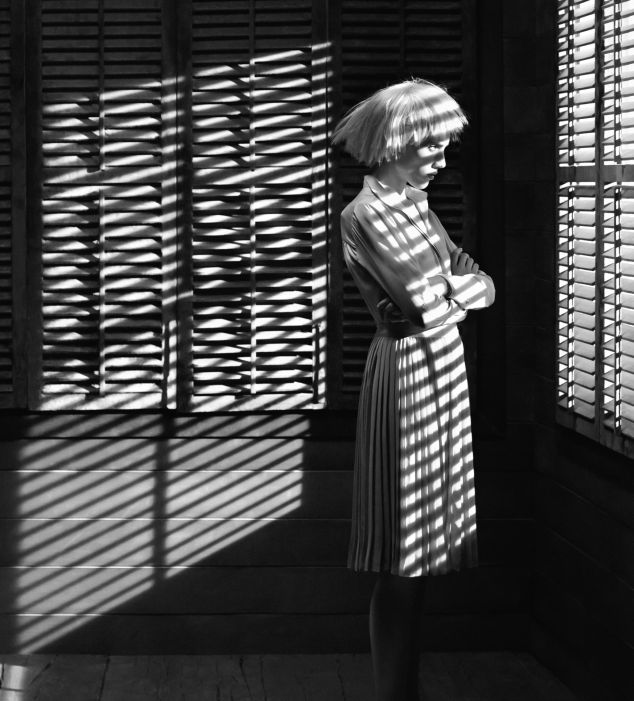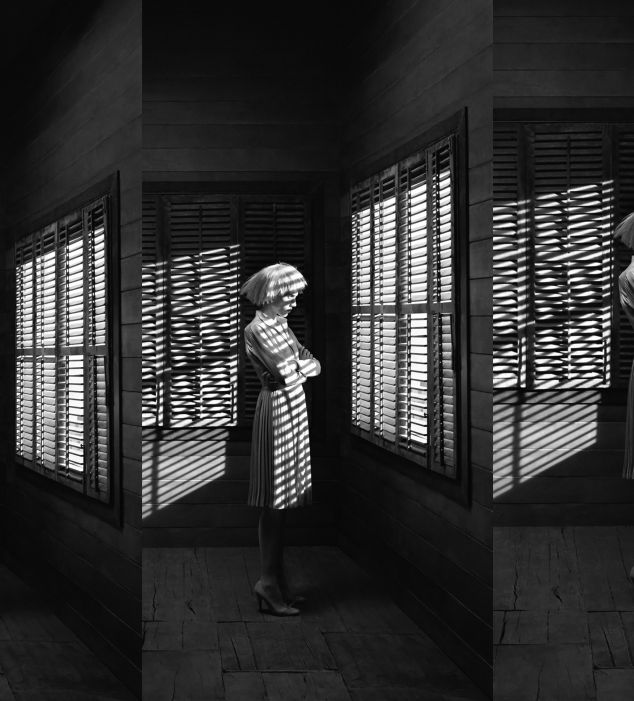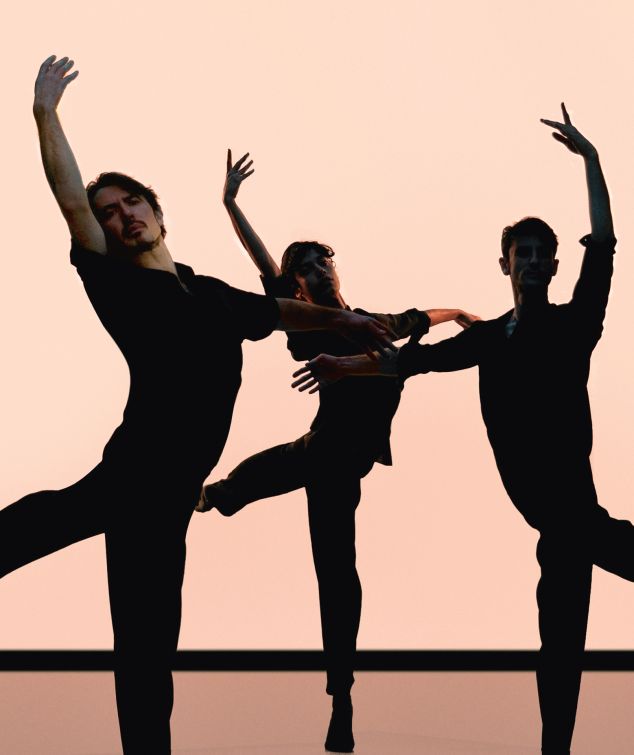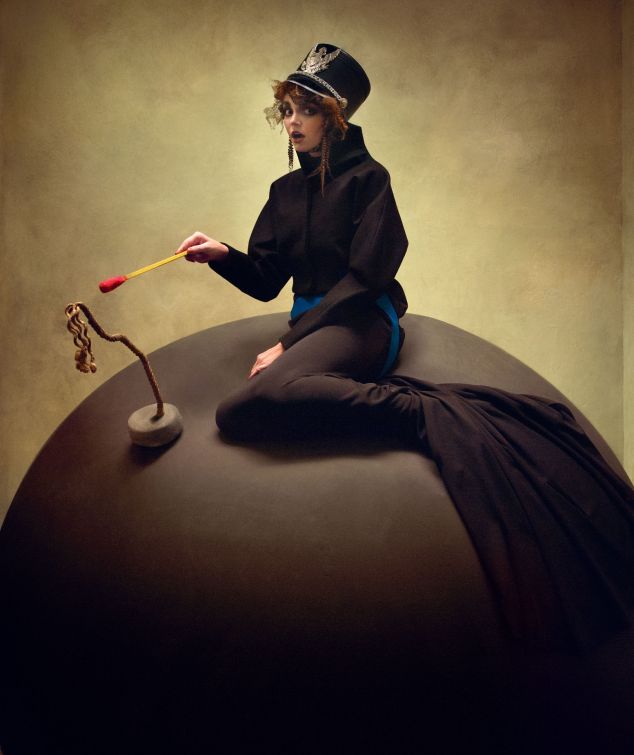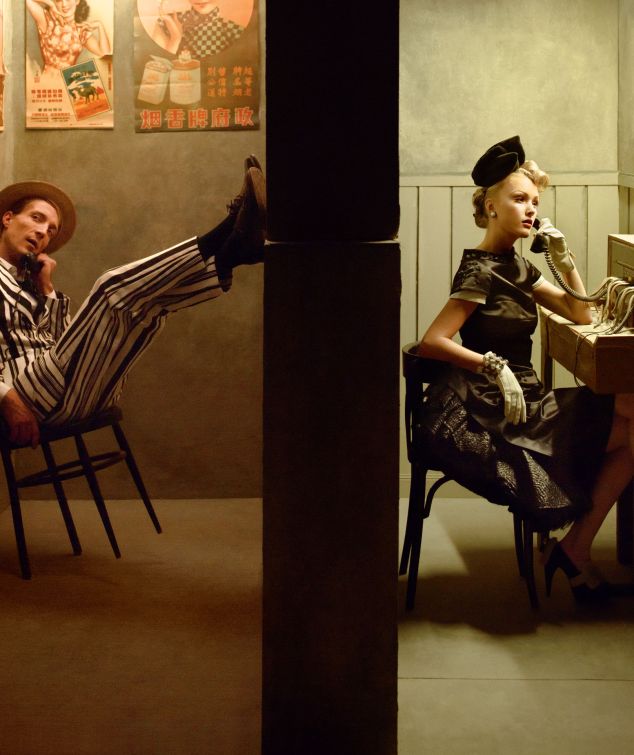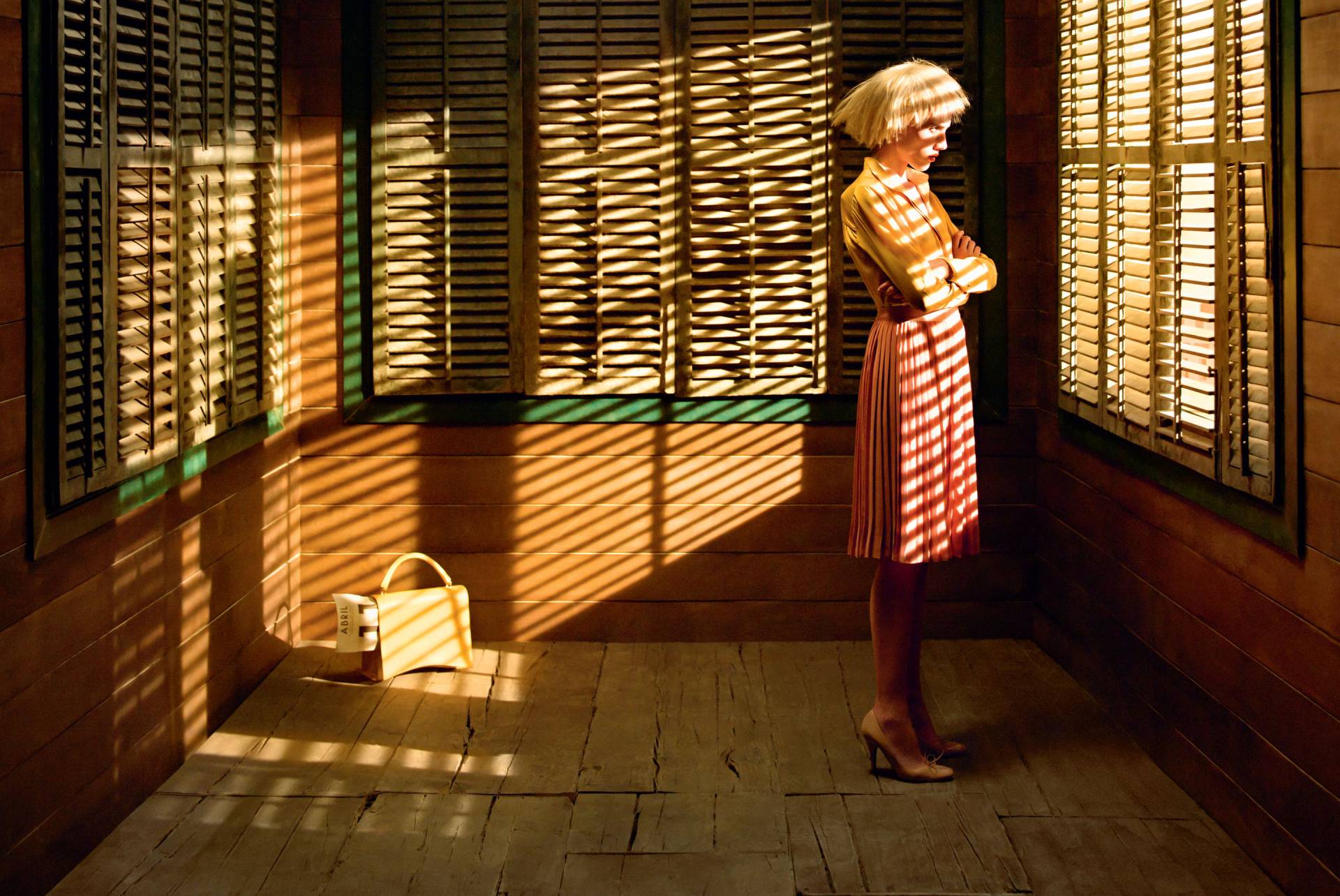
Madama Butterfly
- An opera by
- Giacomo Puccini
- Musical director
- Director
Lyon Opera Orchestra, Choir and Lyon Opera Studio Soloists
- Dates Jan 22 - Feb 3, 2025
- Rates From 10€ to 116€
- Location Opéra de Lyon
- Running Time 2 hours 50 minutes – 1 intermission
In a few words
Madama Butterfly by Puccini is a product of the Japan-style trend that was popular in Europe in the late 19th and early 20th centuries. The piece portrays a deeply moving character whose humility and generosity are displayed with great psychological nuance in the music and vocals.
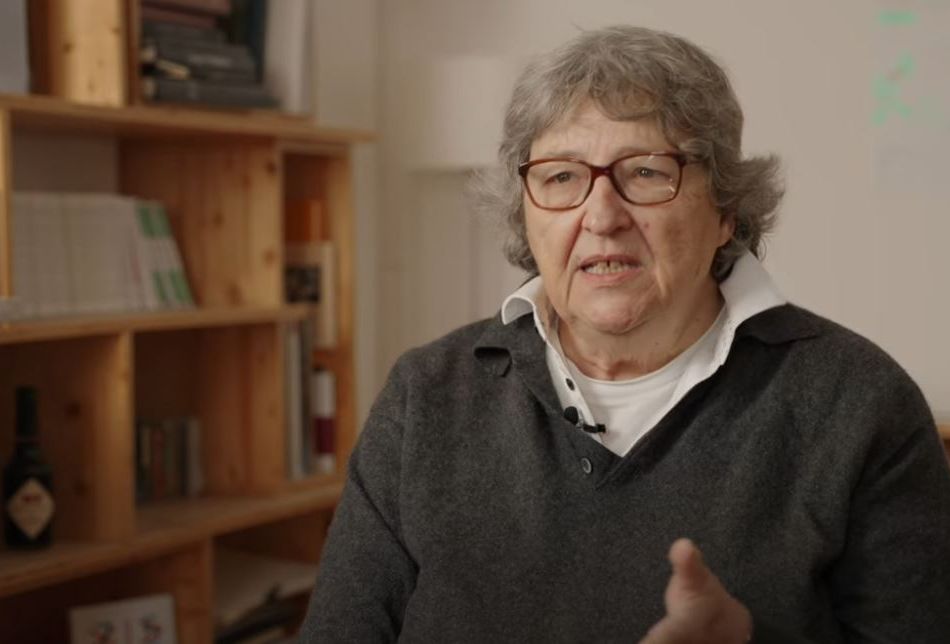 VideoMadame Butterfly - Entretien avec Andrea Breth, metteuse en scène
VideoMadame Butterfly - Entretien avec Andrea Breth, metteuse en scène
Introductory
Cast
More images
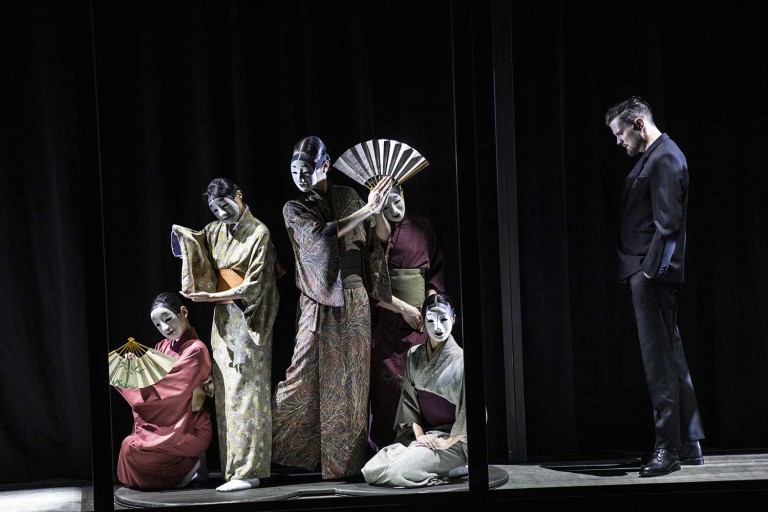
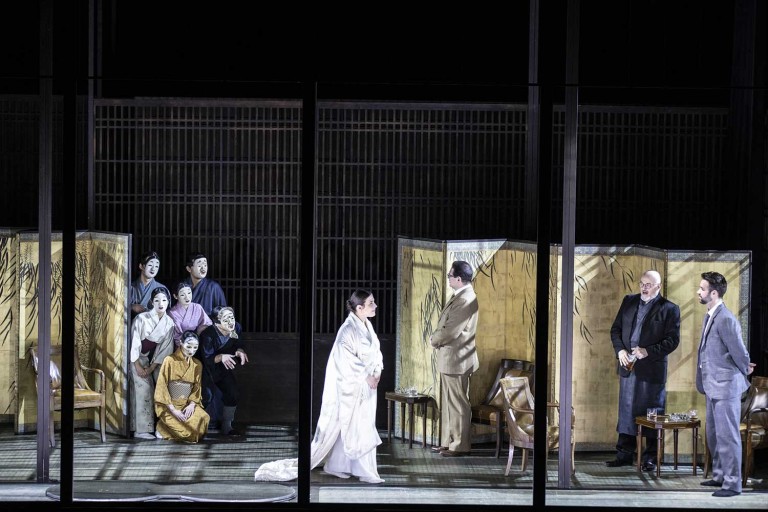
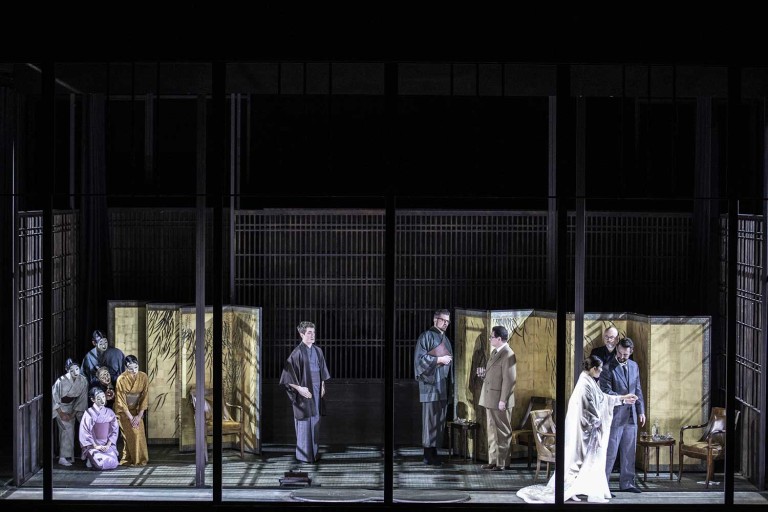
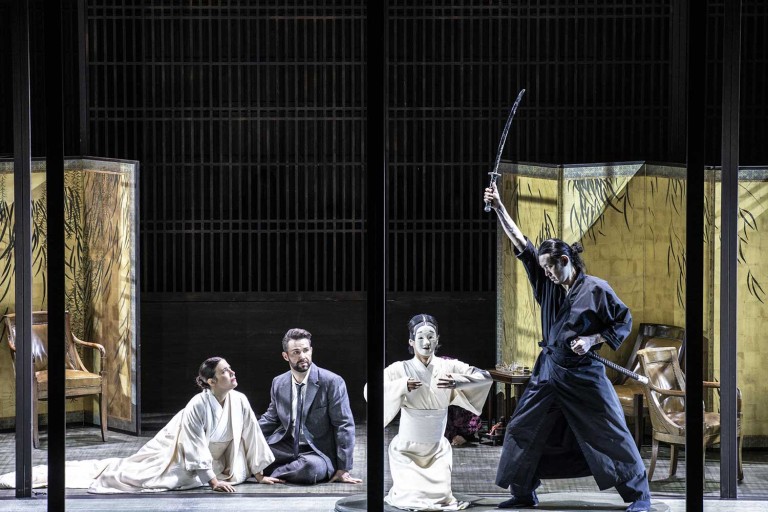
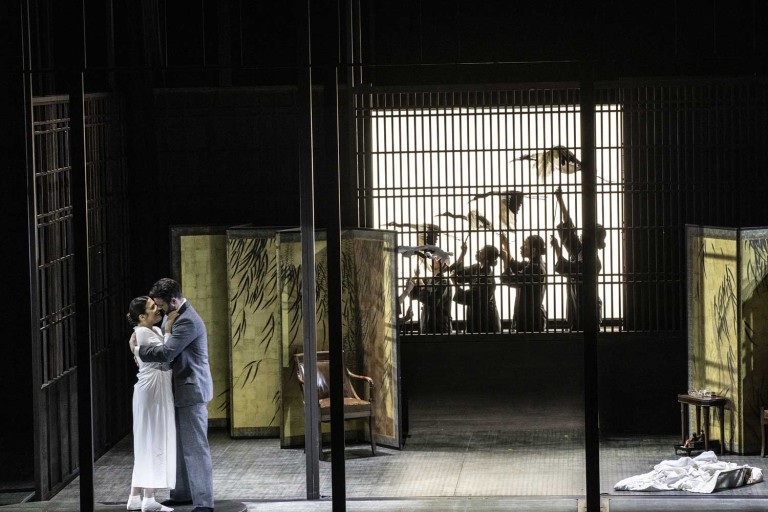
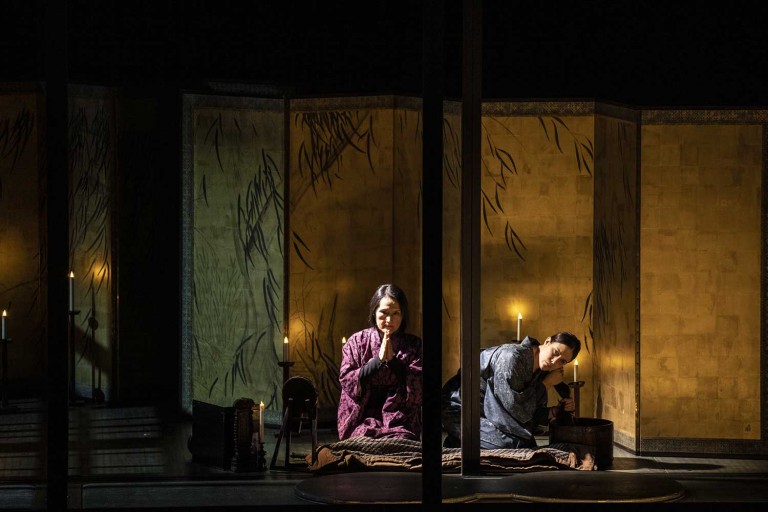
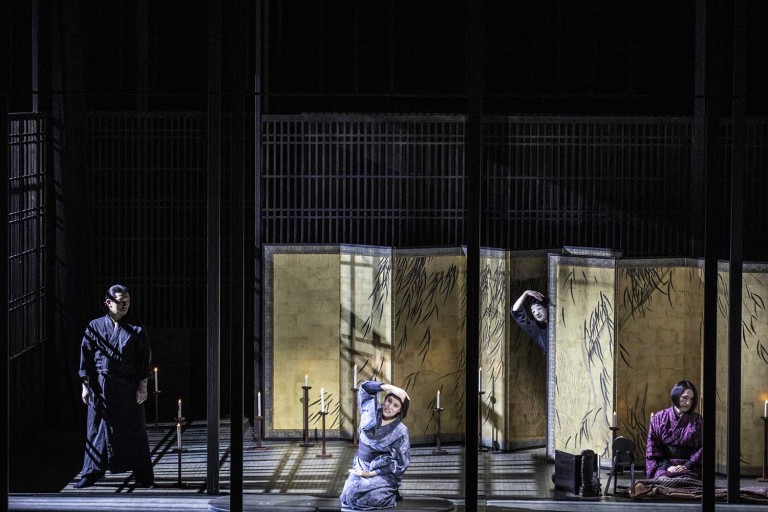
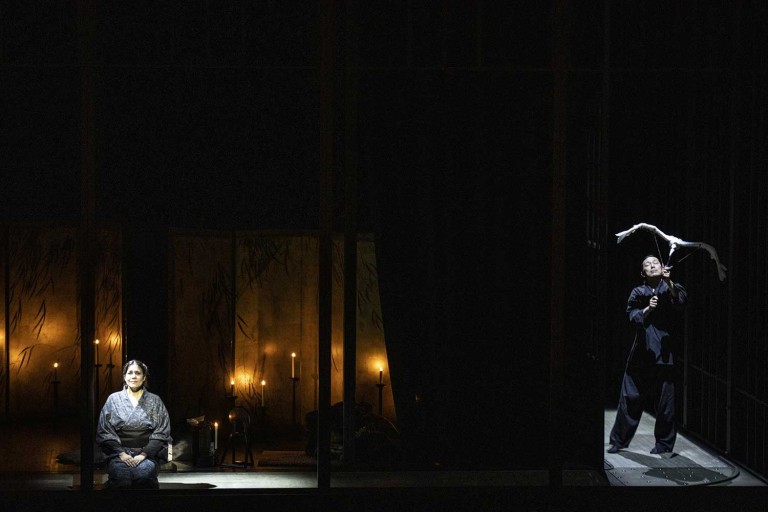
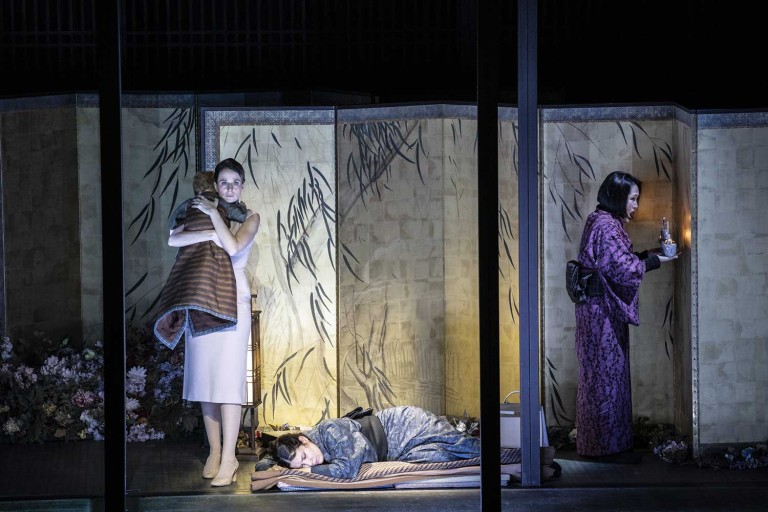
See, Listen, Read
About the show
You may also like
Soutenir l'Opéra
Engagez-vous et contribuez à la concrétisation de ses missions et de ses projets

